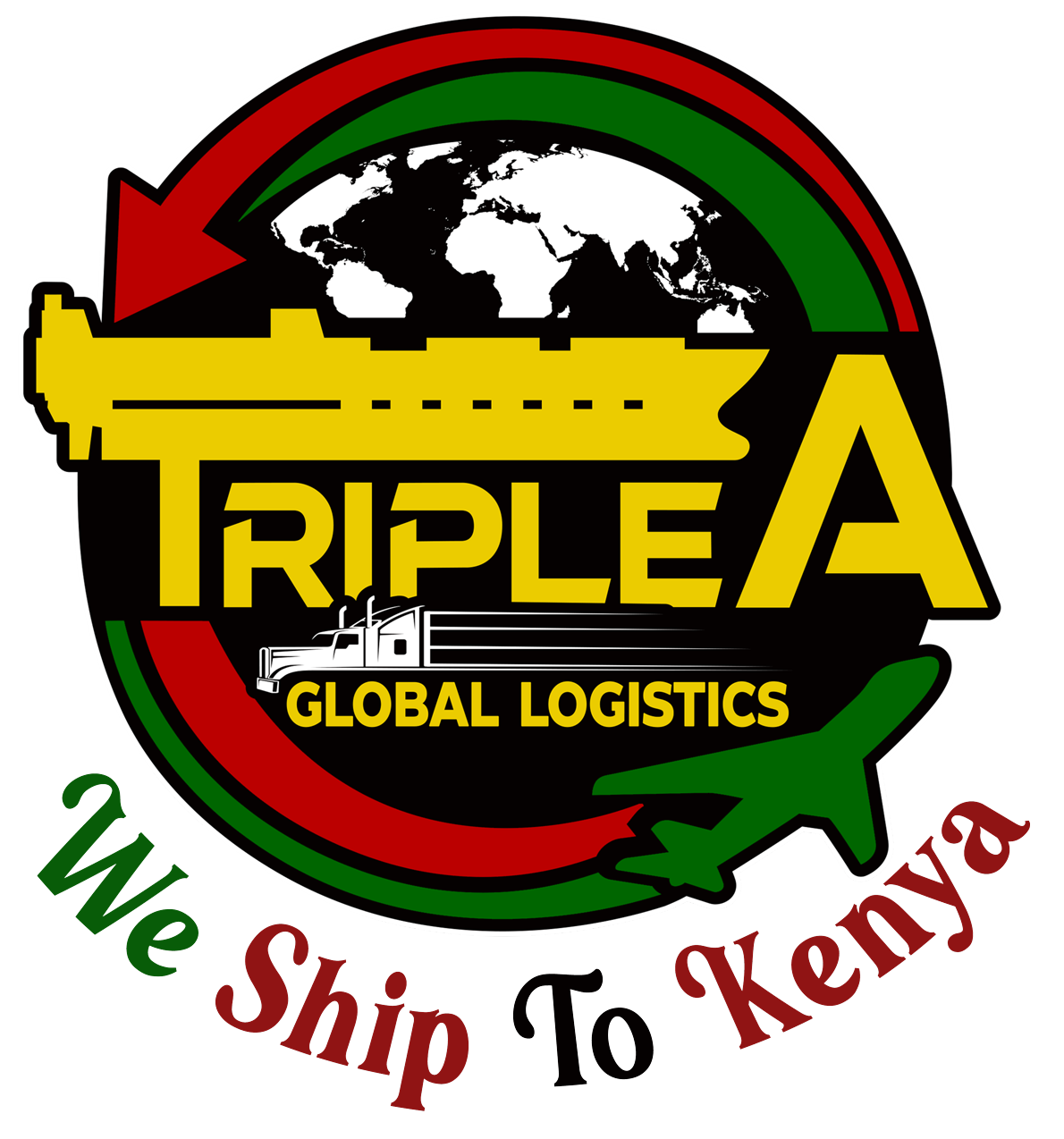Call Us:
+44 7800 648 660
+254 111 81 81 81
Mail Us:
info@tripleafreight.co.uk
Triple A

 Direct service logistics involves transporting goods from one location to another without the usual detours or stopovers. Think of it as taking a non-stop flight instead of one with multiple layovers. This method is significant because it ensures faster delivery times, better reliability, and, often, lower costs.
Direct service logistics involves transporting goods from one location to another without the usual detours or stopovers. Think of it as taking a non-stop flight instead of one with multiple layovers. This method is significant because it ensures faster delivery times, better reliability, and, often, lower costs.
Comments
I don’t think the title of your article matches the content lol. Just kidding, mainly because I had some doubts after reading the article.
Can you be more specific about the content of your article? After reading it, I still have some doubts. Hope you can help me. Créer un compte gratuit
Thanks for sharing. I read many of your blog posts, cool, your blog is very good.
Your article helped me a lot, is there any more related content? Thanks!
Looking for a new bookie? I’ve been testing bet10br1, and it’s got a lot going for it. Good deals and a responsive interface. Give it a shot at bet10br1.
Okay, so I tried out th777ph. It’s pretty average. The selection of games could be better, but what they have is alright. I had a little bit of luck, but nothing too exciting. If you’re looking for something quick and easy, it might be worth your time. Otherwise, there might be better options out there.
The sv388app.org app is smooth and easy to use. The graphics are amazing and they pay out pretty quickly. Pretty solid overall for anyone into this type of action I think. Give sv388app a download. You won’t regret it.
Your point of view caught my eye and was very interesting. Thanks. I have a question for you.
I don’t think the title of your article matches the content lol. Just kidding, mainly because I had some doubts after reading the article. https://accounts.binance.com/register-person?ref=IXBIAFVY
Your article helped me a lot, is there any more related content? Thanks!